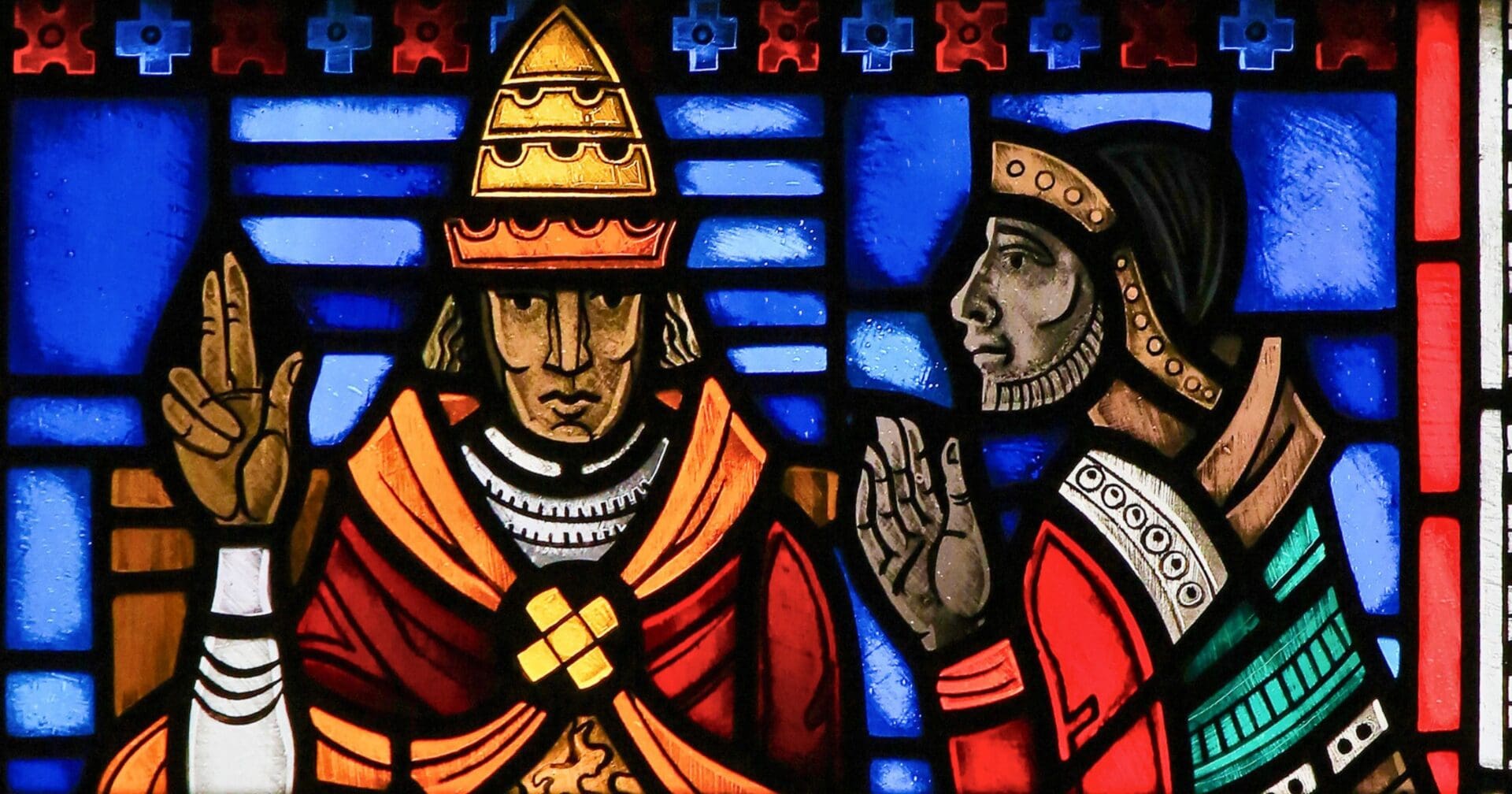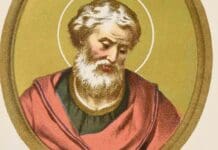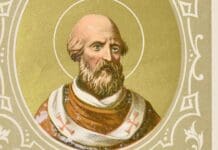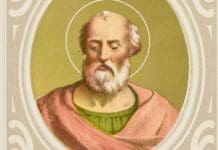Born on 21 June 1002 in Egisheim, near Colmar on the borders of Alsace, Bruno of the noble family related to Emperor Conrad, grew up under the care of his pious parents, Hugh and Heilewide. This early environment shaped his devout character, evidenced by his distress over using a stolen book during his childhood. Educated under Berthold, Bishop of Toul, Bruno quickly distinguished himself both in academics and charisma, endearing him to his peers.
By 1017, Bruno was a canon at St. Stephen’s in Toul, where he mediated with the irascible Bishop Herimann’s successor. His cousin Conrad II’s accession in 1024 saw Bruno enter court life, and despite his military role during Conrad’s campaign in Italy, he maintained his ecclesiastical character, eventually becoming Bishop of Toul in 1027. His episcopacy was marked by his adept handling of both civic peace and ecclesiastical duties amid regional strife and famine.
Bruno’s reputation for virtue led to his selection as pope after the death of Damasus II in 1048. Reluctant yet duty-bound, he accepted, taking the name Leo IX. His pontificate was vigorous and reformative; he traveled extensively across Europe to combat simony and clerical immorality, significantly impacting church reform which Gregory VII would continue.
In 1049, at a synod in Reims, he addressed various ecclesiastical issues, including excommunicating the Archbishop of Compostela and forbidding a contentious marriage. His reform efforts were recognized widely, bringing him into conflict with both secular and ecclesiastical authorities.
Leo’s later years were dominated by his dealings with the Normans in Southern Italy, where he endeavoured to mediate peace but ultimately led a military campaign against them, resulting in his capture in 1053. Despite this defeat, he was treated with respect and continued to exert influence over the Norman leaders.
The challenges of his papacy also included dealing with the schism initiated by Michael Caerularius of Constantinople, which culminated in the East-West Schism shortly after Leo’s death on 19 April 1054. His efforts in England included interactions with King Edward the Confessor, reflecting his broad geopolitical influence.
Leo IX’s papacy, characterized by both his deep piety and his vigorous public reform efforts, left a lasting impact on the medieval Church, evident in the continuation of his policies by successors and his veneration as a saint after his death. His life’s work show his commitment to a moral and unified Christian Europe.
Editorial credit: jorisvo / Shutterstock.com


















Pray for us St. Leo IX. That we may know what it means to be Christian men and women. And that our priests may live as Jesus once lived.
pray for me St. Leo ninth St. Nicholas The Great first I have the mind of God I am Christian unity and a incorruptible mind.
Pope Saint Leo IX, pray for us!
Dear St. Leo IX, please pray for all of us that carry a cross. Please intercede for us all and give us the strength to carry this cross and to give us patience and let us continue to have faith in God that he will help us in our time of need.
Also pray for our church as it is in need of help. Please guide our priests to not stray from their teachings.
Pray for us St Leo.
Pope St. Leo IX, pray for the Church.
[…] uCatholic […]
We pray for your holy clarity and intercession, for a fervent return to valued modesty, chastity, celibacy. That all young men and women know they are cherished just as they are, from the moment of baptism throughout their earthly existence. That purity of the body is beautiful. That shame or guilt or sin is natural to our condition, and that it can be healed by Our Lord, through Mary and Joseph’s example. Make us yearn for detachment from monetary value assigned to people and things, which corrupts and demeans the soul. Free us from the evil of human trafficking and false ownership. Amen.
Pope saint Leo ix pray for us.
Dear St. Leo, May all of your plans to make changes in our church be ongoing. We have gone through a particularly difficult time with the priests and administrators of the church. With your intercession we will come through this ordeal and many others, as our church evolves through the ages. And may God bless you for all you tried to do.
Pope saint Leo, pray for us amen.
What happened to the priests’ families after St Leo’s reformed the law? Were they grandfathered in? I’m working on history…